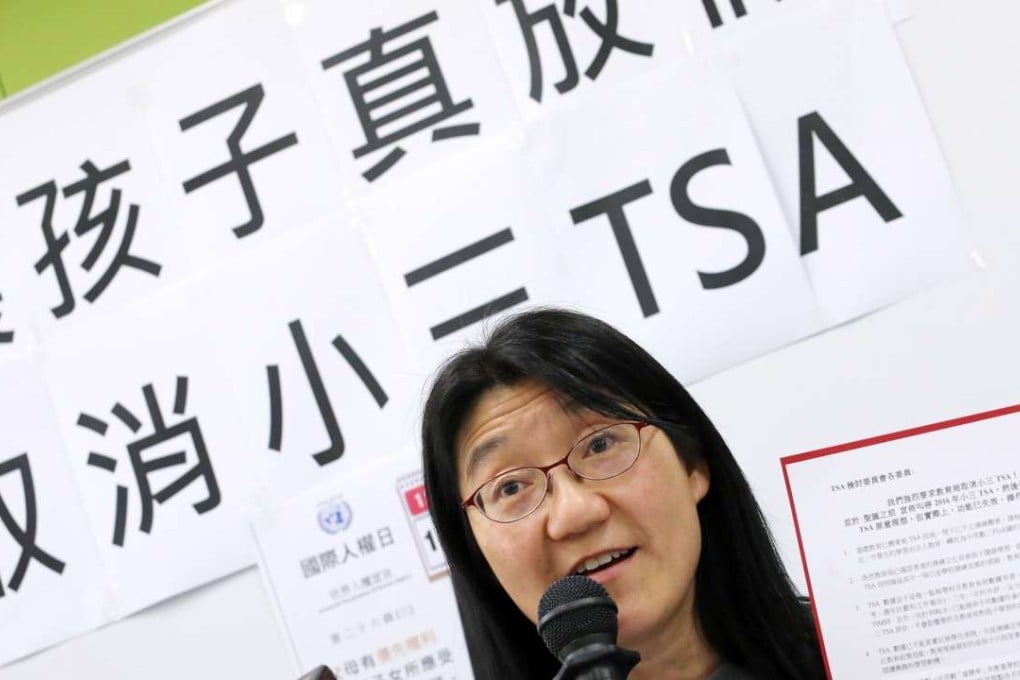On Second Thought: Hong Kong is not the only place where standardised tests anger parents, students and teachers
The George W. Bush and Barack Obama administrations were eager to use such exams in the US, just as the Hong Kong government is keen to administer the hated Territory-wide System Assessment

If there is one thing parents, students and teachers in Hong Kong seem to have in common, it’s their heartfelt hatred of the Territory-wide System Assessment or TSA, a standardised test used to measure the competence of local primary students. It may give them some pleasure of recognition to know that in New York State last year, 220,000 students refused to take the state tests. This is called “opting out” of the test.
It’s true that Hong Kong’s public education has been swamped by bad ideas and policies. But to be fair, the heavy reliance on standardised tests in schools is a global trend, not a unique Hong Kong phenomenon.
Back in 2001, for example, the US government under George W. Bush passed the No Child Left Behind legislation that mandated every child in every school would take standardised tests in reading and maths from grades three to eight so as to achieve “proficiency” by 2014.
After Bush left office, the obsession with testing only grew more intense as Obama proved to be an even more ardent believer in test scores as the best measure of students’ competence and teachers’ professionalism.
As a result, the average US student today takes 112 standardised tests from pre-kindergarten to the end of high school, most of which are mandated by the federal government. The latest online tests require children in grades three to eight to sit for 15 to 20 hours over a two-week period to measure their maths and reading skills.
Why national leaders around the world and our public officials have turned educating the people, one of their most important domestic duties, into a quest for higher scores on standardised tests is a mystery. All they have to do is reflect on their own education experiences. Many of them are graduates of elite universities which seldom make test scores the purpose of education. Students, of course, must do well on standardised tests to enter universities. But few of the better universities judge students’ knowledge and abilities solely on such flimsy measures as their test scores.